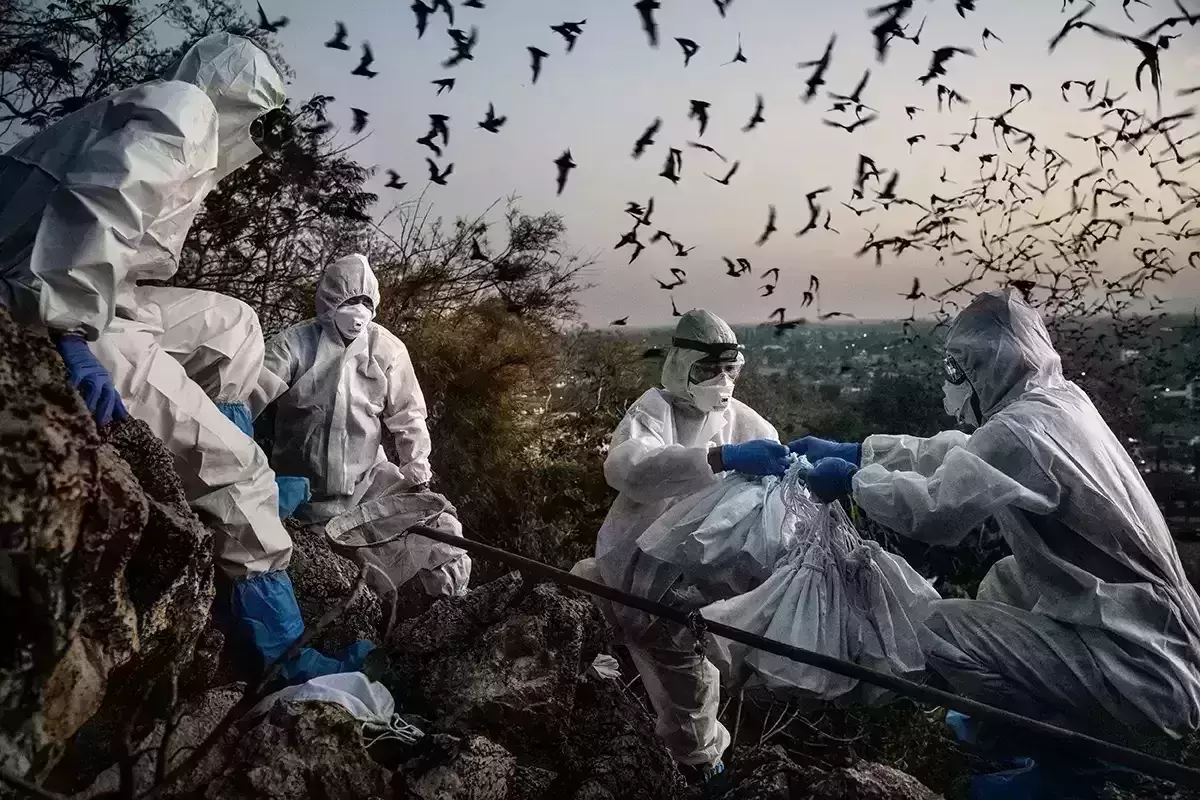
New bat virus capable of infecting humans found in Thailand cave
text_fieldsRepresentational Image
London: A search team that previously worked on Covid 19 has discovered in a Thai cave a new virus capable of infecting humans, Express.co.uk reported.
Dr Peter Daszak, head of the New York-based non-profit EcoHealth Alliance, reported to a meeting of the World Health Organisation the discovery of ‘a potential zoonotic pathogen’.
Shockingly, the discovery was made in a cave where local farmers source bat faeces to fertilize their fields, suggesting potential human exposure.
Dr Daszak told the WHO event: ‘We found a lot of SARS-related coronaviruses, but one in particular we found was quite common in bats where people were commonly exposed.’
Warning about a ‘real potential for emergence’ of the virus, he said: ‘We consider this to be a potential zoonotic pathogen. Here we have a virus in bats, right now in a cave used by people highly exposed to bat faeces. And this virus is shed in bat faeces, so there is a real potential for emergence.’
Meanwhile, WHO recorded a surge in Covid cases globally with thousands going down with flu like symptoms, and subsequently hospitalizations hit 42 percent in 50 countries.
More cases have been reported since the JN.1 Covid variant appeared on the scene last September in France.
The variant accounts for around 60% of new infections in early January, BBC reported citing US Centers for Disease Control and Prevention (CDC).
Though it possesses ‘low’ health risk globally, JN.1 WHO has classified it a separate ‘variant of interest’.






















